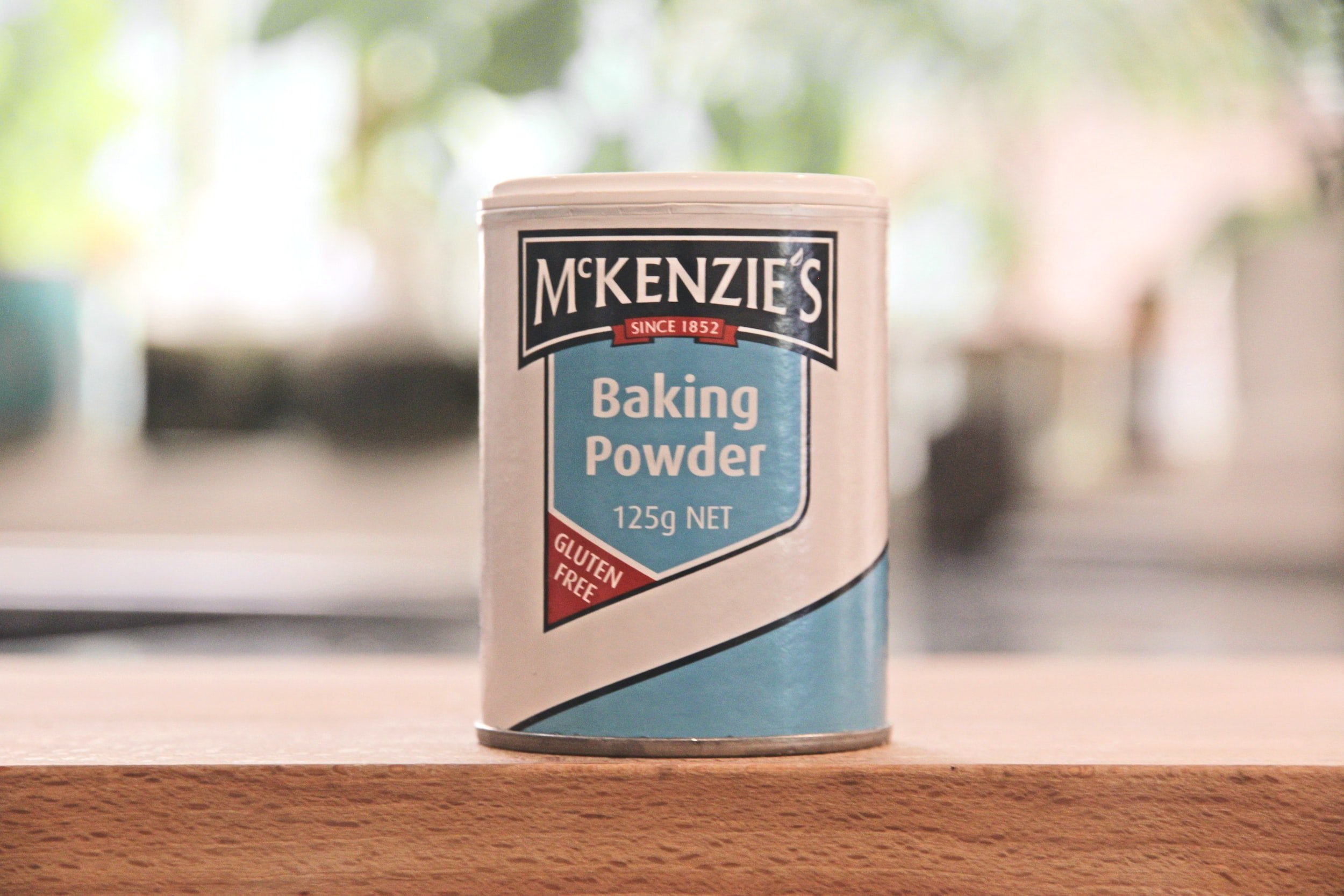Don’t make these mistakes when cleaning your new kitchen!
When you first get your new kitchen, you may be so excited that you’ll not be giving a second thought to how to clean it properly! We understand, so here are our tips on cleaning your kitchen and what mistakes to avoid, saving you time and money in the process.
1 – Don’t use tea towels to clean up spills! “Why not?” you may cry. It’s for several reasons. Firstly, towels gather a large number of bacteria, so you don’t want to be spreading that around your kitchen benchtops. Also, you don’t want to wreck your new tea towels with the spilt milk, wine or tomato sauce. And lastly, tea towels might smell pretty bad if you’ve used them to wipe up fluids – and you don’t want lingering odours in a brand-new kitchen!
2 – Take care of your appliances! Our fridges and dishwashers are typically costly items when we splash out on a new kitchen, so it’s important to look after them and share the cleaning love! Regular cleaning of the dishwasher and fridge can keep them looking shiny and new on the outside and smelling fresh and looking beautiful on the inside.
3 – Don’t use harsh chemicals on your benchtops. This can damage the finish and make them harder to clean in the future. We recommend Gumption for cleaning those benchtop marks that just won’t come off. You know the one – it’s a white tub with a green or yellow lid (depending on whether you want lemon or eucalyptus) and does exactly what it says on the tub!
4 – In our opinion, there’s no need to buy expensive fancy stove top cleaners. As Karlten says, “Just sprinkle baking soda onto the stain and then drip a couple of droplets of water on top to form a paste. Cover the area with a warm, damp cloth and leave it for 30 minutes before wiping it clean.” It’s so easy and so effective.
5 – If you do choose to buy specific cleaning products, remember to read the labels, as some cleaning products can damage certain surfaces. And don’t use too much water when cleaning. This can damage cabinets and floors. Instead, wipe and clean regularly with good old-fashioned soapy water – dishwashing liquid is ideal. Also, vinegar diluted in water can go a long way to avoiding streaks on doors.
Source @cedarandsuede




